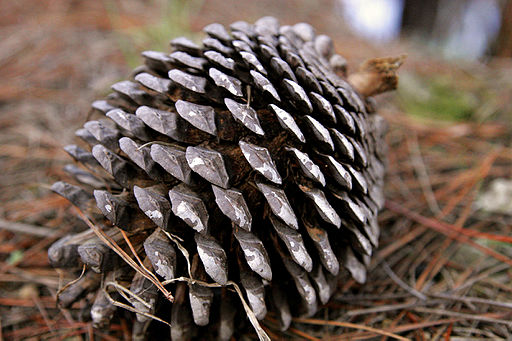A Swim At Midnight Chapter 3
“Time to go,” said Mr Gale when the meal was over. “We must notmustn’t be late.”
“I wonder when we willwe’ll come here again?” said Ricki.
“Next year?” asked Tim.
“Perhaps,”Perhaps,” his father answered.answered. “We’ll certainlycertainly come back some time.”
When they had walkedwalked back overover the hill to the boat, they were surprisedsurprised to find that the tide was right out.
“It’s a very low tide, too,” said Mia. “What a long way we’ll have to push the boat!”
They all took hold of the boat, Mrs Gale and Tim on one side, Mia and Ricki on the other, and Mr Gale at the back. “AltogetherAltogether – push!” And they pushedpushed as hard as they could. But the littlelittle boat was stuck fast in the mud, and would not move. They pushed untiluntil they were tired.tired. “It isIt’s no use,” said Mr Gale. “There is notisn’t enough water in the creek to float her when the tide is out.”
“But the tide won’t be in againagain until midnight!”midnight!” crycried Mrs Gale.
“Midnight!” said Mia.
 “Hoorah!” shouteded Ricki and Tim said, "I haveI’ve nevernever been up until midnight!”
“Hoorah!” shouteded Ricki and Tim said, "I haveI’ve nevernever been up until midnight!”
|
Comprehension Summarise what has happened so far in this narrative. Clarify these words: perhaps, certainly, hooray. Retell what has happened in this first chapter. Make inferences and give opinions about:
What prediction can you make about what might happen next? What question could you ask about this chapter? Visualise these uses of descriptive language: It's a very low tide; they all took hold of the boat, Mrs Gale and Tim on one side, Mia and Ricki on the other, and Mr Gale at the back; the little boat was stuck fast in the mud; they pushed until they were tired. Make a connection with this chapter. |
Word Study Verb endings: What happens when we add s, ed or ing to: surprise, push, stick, cry. Other affixes: What happens when we add other prefixes and suffixes like ly to these words: certain. What two words make up these compound words: again, midnight, tonight. What two words make up these contractions here: mustn't, we'll, it's, isn't, I've, I'm, We'd. |